Lit Fest features intensive workshops for experienced writers of novels, poetry, short stories, memoir, essays, narrative nonfiction, and hybrid genres. Advanced workshops have applications for each class on Submittable.
The priority deadline to apply was March 8. You should hear the status of your application by early April. After March 8, interested writers can apply for a possible waitlisted spot. Should spots open up, we'll accept qualified applicants on a rolling basis, beginning in mid-April.
Applications for the Emerging Writer Fellowships, Veterans Writing Award, and LARRK fellowships for writers with physical disabilities close on March 8 and will be selected by our esteemed panel of authors in each genre.
Wondering about the cost? Visit our tuition and fellowships page.
Still have questions? Check out our FAQs or send us an email at info@lighthousewriters.org.
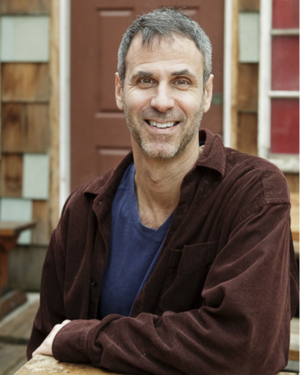
Advanced Weeklong Fiction Workshop: The BS Detector with Steve Almond
June 9–13, 9:00 to 11:30 AM MDT
Writing is decision making, nothing more and nothing less. What word? Where to place the comma? How to shape the paragraph? Join Steve Almond for a workshop focused on improving the decisions you make in your writing. By looking critically and carefully at other people’s work, you’ll walk away with a better sense of how to improve your own. The idea is not to slow your rate of composition via compulsive revision, but to instead make better decisions in the first place and to recognize quickly when you haven’t. Accepted participants will submit short pieces up to 15 pages by May 12, and will have the opportunity to meet one-on-one with Steve during the week of class.
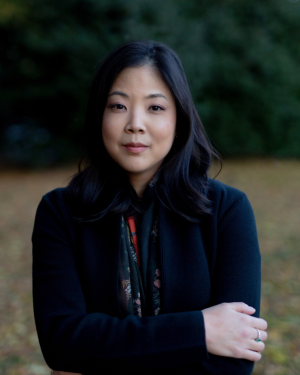
Advanced Weekend Nonfiction Workshop: In Pursuit of the Story with Nicole Chung
Updated Time Slot: June 7–8, 8:30 AM to 12:00 PM MDT
In this weekend memoir intensive, you’ll be invited to pursue your story with new curiosity: What about it feels most urgent or exciting to you? What idea, question, obsession, or truth are you inviting readers to explore along with you? This workshop is designed to help you identify the most promising threads of your story and consider several possible approaches to revision. Together, we’ll dive into your work and engage in lively, affirming craft conversations about voice, characterization, setting, chronology, structure, and more. We’ll discuss the complications of rendering the truth on the page, how to do so when memory is imperfect, and the role of imagination in memoir. And we’ll talk about how you can nourish the writing practice you want, so that you can continue developing and pursuing the stories that matter most to you. Accepted participants will submit essays or excerpts from longer works of 1,500 to 3,500 words by May 9.
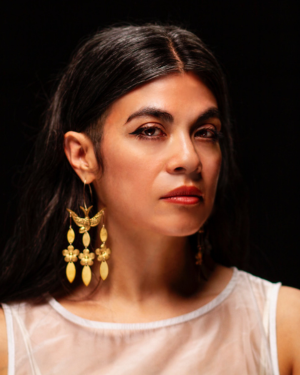
Advanced Weeklong Nonfiction Workshop: Truth in Nonfiction with Ingrid Rojas Contreras
June 9–13, 9:00 to 11:30 AM MDT
The rigors of nonfiction are tied to telling the truth, fact-checking the truth, and working with evidentiary materials. The factually accurate in nonfiction is of utmost importance—but how do we write the factually accurate when, for example, the history of a people hasn’t been kept or has actively been erased? Or how can we acknowledge on the page the murk and the inexact quality of memory? In this workshop, thinking of Michael Taussig’s important summation of the work of anthropology, the “subject is not the truth of being but the social being of truth,” we will think about the lenses available to us in nonfiction. We’ll read some work that widens the scope of nonfiction, utilize different lenses, and write in class using prompts inspired by our readings, in addition to workshop participant pieces. Accepted participants will submit up to 15-20 pages by May 12, and will have the opportunity to meet one-on-one with Ingrid during the week of class.
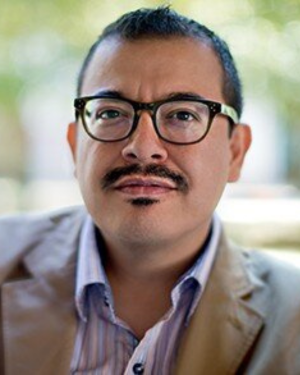
Advanced Weeklong Poetry Workshop: Structure and Progression with Eduardo Corral
June 9–13, 9:00 to 11:30 AM MDT
In this workshop, we’ll interrogate the structure and progression of poems, how the language is shaped and how the language clicks forward. Structure and progression often works in tandem. For example: many fixed forms. But they can also push against each other to charge and to disrupt patterns, time, and voice. We’ll explore if the structure and progression is strengthening the poem. If they’re halting the poem, we’ll consider other approaches, which will help the poet to dwell with possibilities. Stanzaic patterns, typographical play, and the poetic line will be centered in our conversations—these craft choices shape and set in motion language. An essay on revision will be sent before we meet and discussed during the workshop. Accepted participants will submit up to 4 poems by May 12 and have the opportunity to meet one-on-one with Eduardo during the week of class.
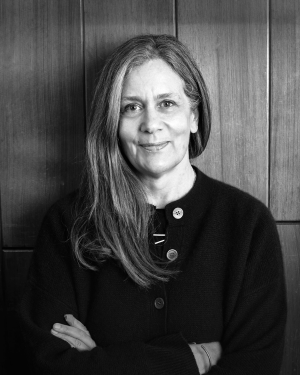
Advanced Weekend Nonfiction Workshop: Fighting Overwhelm with Claire Dederer
Updated Time Slot: June 7–8, 1:30 PM to 5:00 PM MDT
Attempting to write a memoir can bring up feelings of overwhelm. This feeling comes about because your life — everyone’s life — is an unending flow of events and memories and experiences. How do you select and cut your material from that vast bolt of fabric? Your life can simultaneously feel like too much and not enough, giving rise to all kinds of fears about whether or not your story is worth telling, and how to tell it. We’ll explore the ways that the building blocks of memoir — scene, character, dialogue, and structure — can help us move through the overwhelm and find the heart of the story. Accepted participants will submit up to 15 pages by May 9.
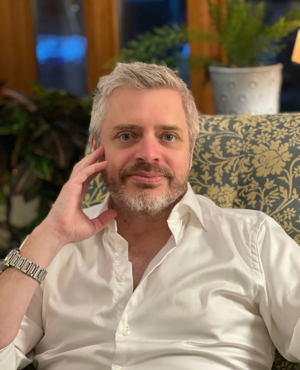
Advanced Weeklong Fiction Workshop with Paul Harding
June 9–13, 9:00 to 11:30 AM MDT
You wrote it; we’ll workshop it. In the name of art defining itself, let’s (largely) set genres and labels aside for the week and concentrate on reading and discussing one another’s writing according to what we perceive as its own terms, its own form, its own internal integrity. Let’s even swap “fiction” for “narrative prose,” and allow that the truth of any given piece always lies in some or other synthesis of imagination and fact. In other words, bring your stories and your narrative non-fiction, your novel excerpts and your kind-of-a-memoirs, regardless of genre or form, and we'll seriously, cheerfully, vigorously, and open-mindedly devote the best of our attention to them and to their fullest realizations.
Accepted participants will submit up to 15-20 pages by May 12, and will have the opportunity to meet one-on-one with Paul during the week of class.
This workshop is open to both fiction and nonfiction writers.
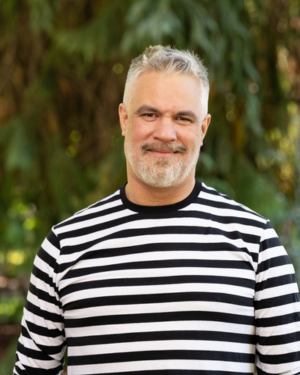
Advanced Weeklong Fiction Workshop: Intimate Distance with Mat Johnson
June 9–13, 9:00 to 11:30 AM MDT
Novels are long, often unruly, inherently ambitious projects that need the writer to be both intimate and at times distanced from the text. It's easy to type a bunch of pages, but it’s hard to make them captivate the reader and ensure that the journey adds up to more than the sum of its parts. This course will explore the tools needed to bring your novel-length manuscript to life in its strongest form. Your novel has strengths: we'll explore how you can build on them. Your novel has weaknesses: we'll identify them and create strategies for you to overcome them. Together we'll reveal what your novel is actually about, as opposed to what you planned for it to be. We’ll examine its hidden structures, and enable your characters and their struggles to come alive on the page. Accepted participants will submit up to 15-20 pages by May 12, and will have the opportunity to meet one-on-one with Mat during the week of class.
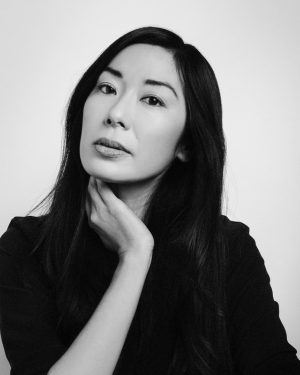
Advanced Weekend Fiction Intensive: Writers and Readers with Katie Kitamura
June 7–8, 1:30 to 5:00 PM MDT
Good writers are good readers. In this workshop, we’ll focus on learning how to read each other’s work, and how to give critique that both helps and challenges each writer. Focusing on craft fundamentals including characterization, plot and voice, we’ll learn to ask the questions that can help locate and in some cases reimagine the parameters of a story. Each participant will workshop either a full story or an excerpt from a longer piece. Participation is at the heart of a good workshop, so please come to each session on time and having prepared thoughtful, detailed feedback. Accepted participants will submit up to 15 pages by May 9.
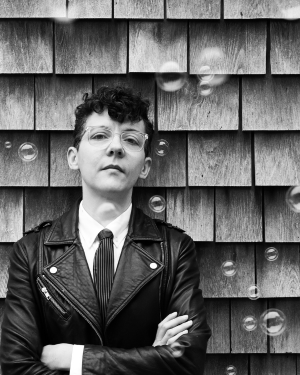
Advanced Weeklong Nonfiction Workshop: The Fractured, The Lyric, and The Imaginary in Contemporary CNF with Alex Marzano-Lesnevich
June 9–13, 9:00 to 11:30 AM MDT
In this workshop, we’ll consider the “creative” part of creative nonfiction, making use of speculative, fragmentary, and lyric elements and asking how they might help us tell stories that are, counterintuitively, more deeply true or nonfictional. What possibilities arise from transcending genre convention while still being clear about what is known? In addition to reading the work of workshop participants, we’ll also consider a range of published essays and book excerpts and together derive principles of productive rupture. Accepted participants will submit up to 15-20 pages by May 12 and will have the opportunity to meet one-on-one with Alex during the week of the class.
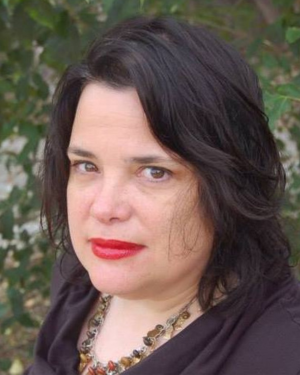
Advanced Weeklong Workshop: Your Best Work with Elizabeth McCracken
June 9–13, 9:00 to 11:30 AM MDT
This is a workshop in prose (fiction or memoir): in other words, a place where we talk to ourselves in public while ostensibly discussing the works of others. That’s not meant as a joke: one of the beautiful tricks of workshop is how we look through the sentences of others so that we can see our own work, our oldest fears and our highest ambitions. We’ll read the work of people in the class with generosity and rigor, looking for those ambitions and talking about how to aim for them—aim, not achieve, since our aims as writers should always exceed our grasps. We'll figure out what we think and know about writing as well as whether that knowledge and those thoughts help or constrain us. The goal, as always, is to figure out how to write your own best work and nobody else's. Accepted participants will submit up to 15-20 pages by May 12, and will have the opportunity to meet one-on-one with Elizabeth during the week of class.
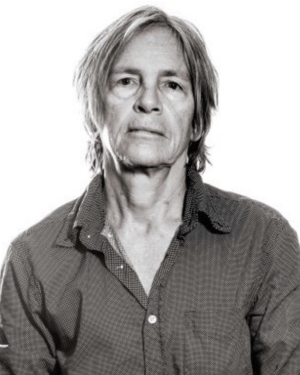
Advanced Weeklong Nonfiction Workshop: The Mix with Eileen Myles
June 9–13, 9:00 to 11:30 AM MDT
This is a generative workshop for either people who write both poems and prose or are interested in how one might open up the other. Poems often function as the illustrations in a passage of prose, meaning they break up the space and give it breath, and to cut away to prose within a poem can mean action, setting, news flash. We’ll look at some wonderful poets and writers such as Caesar Aira, Adania Shibli, the poets of the wonderful “In the Same Light: 200 poems for Our Century from the Migrants and Exiles of the Tang Dynasty” from Song Cave, which I urge you to buy NOW plus Fady Joudah, and Rae Armantrout. This list might vary though the Tang poems are a guarantee. We’ll write at least four “things” in our week (or one long one), we’ll collectively produce from ideas a sense of what our literary models are up to, and we’ll look at a film, listen to some music, and do some life writing too, meaning look at things and describe, copy, allude. Bring a stuffed animal or an object of some significance so we can create a studio space where we all are panning with our eyes and can lean on these objects when we’re stuck. Writing is not all thinking. Let’s take a sensual approach to our practice, to see and smell and touch. It’s a feeling thing for sure and that’s what helps us know when to shift from poetry to prose and increasingly not be so interested in the difference. Accepted participants will have the opportunity to meet one-on-one with Eileen during the week of class.
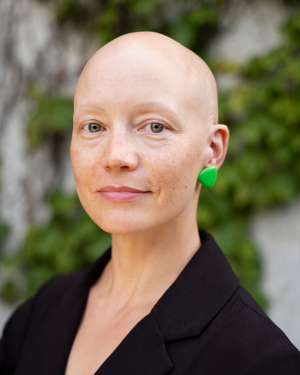
Advanced Weeklong Fiction Workshop: Experiments in Structure with Helen Phillips
June 9–13, 9:00 to 11:30 AM MDT
How can you find a structure for your subject matter that will enhance and deepen your narrative? In this generative fiction-writing workshop, we’ll explore a variety of narrative structures. We’ll begin five new works based on prompts throughout the week. These writing exercises will facilitate experimentation and will arise from readings that we investigate as a class. Class time will include reading discussions, writing time, and sharing (as desired). Throughout the week, we’ll try out new forms and practice our craft in the context of a supportive and rigorous creative community. Accepted participants will have the opportunity to meet one-on-one with Helen during the week of class.
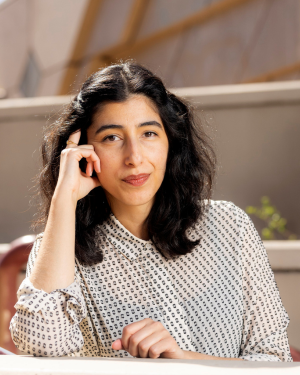
Advanced Weekend Poetry Workshop: Now What—Poems in Time with Solmaz Sharif
June 7–8, 8:30 AM to 12:00 PM MDT
An acceleration of equitably distributed precarity—which is to say existential threat that cannot be avoided by money or nation, genetic lotto, or brute force—has made it so more of our sentences begin with, “As I write this, [insert disaster] is unfolding.” As I write this, it feels cruel to accept ‘givens’: that the room we will enter together on June 7, 2025 will still be standing, that all who can fly there now will join us then, that we will arrive with the same questions and hopes for our poems, the same sense of imagined and future reader. And yet, the life of the poem is long. What pressures does the immediate ‘now’ we find ourselves in place on the packets of poems we turned in earlier? How might we allow those questions, whatever they may be this summer, into the workshop? What might they tell us of the vocation of writing poems? We will look at our poems through their relationship to time, through syntax and rhythm, self and other, as well as through the material present of the poem and the material presents it is not yet including. Line edits and formal questions will be raised alongside ethical ones, leading to greater articulation of each poet’s perceived responsibility. Agreement on the roles of poetry is not required nor even desired, but willing and willful wrestling with such questions will be central to our time together. Accepted participants will submit up to two poems by May 9.
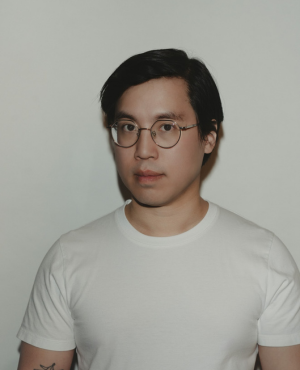
Advanced Weeklong Fiction Workshop: Form and Structure with Tony Tulathimutte
June 9–13, 9:00 to 11:30 AM MDT
We’ve all noticed how the content of a story—that is, what it's "about," the quality of style, whether details feel satisfying or believable—tends to dominate workshop discussion at the expense of form. This workshop will emphasize the importance of form, and its relationship to content. How do we arrange the elements of a story to be compelling right away? Where do we begin and end scenes? In what ways can form manipulate the reader's expectations? How can form help us generate new ideas? What sets of rules, existing or invented, will help us tell the story most effectively? The goal by the end of the workshop will be to make working with form one of the cornerstones of constructing any story. Accepted participants will submit up to 15-20 pages by May 12, and will have the opportunity to meet one-on-one with Tony during the week of class.
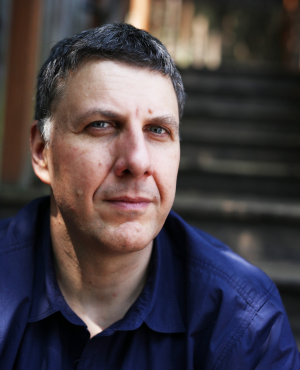
Advanced Weeklong Poetry Workshop: The Irresistible Beauty of All Things with Matthew Zapruder
*June 8–12, 9:00 to 11:30 AM MDT
(This workshop has a modified schedule, starting on Sunday, June 8, in the afternoon,12:30 PM to 3:00 PM, and then meeting Monday through Thursday, June 9–12, in the mornings).
In his talk from which the title of this workshop is taken, Lorca writes "The mechanics of poetic imagination are always the same: a concentration, a leap, a flight, a return with the treasure, and a classification and selection of what has been brought back.” Each poem we write moves through some version of this process: inspiration to selection to refinement. In this workshop, participants will bring poems in various stages of completion, from rough initial inspiration to near completion. We’ll ask the poet to share where they are in the creative process of each poem, and then discuss what we see, what we think is most exciting about what is on the page, what might be emerging, and where the poet might go. We’ll also use the framework of Lorca’s talk to discuss larger poetic issues, such as the relationship between imagination and reality, the difference between (and relative merits of) clarity and obscurity, the importance of process and creative practice (including tips about how to generate poems in new ways), and also invented giants, enchanted grottos made by single drops of rain, the dark silence of great tree trunks, the dangers of melancholy clouds, and other vital matters. Accepted participants will submit 4 poems of no more than one page each by May 12, and will write one new poem during the week. Participants will have the opportunity to meet one-on-one with Matthew during the week of class.

How To Apply
Applications open January 1, and the priority deadline to apply was March 8, after which interested writers can apply for a possible waitlisted spot. Should spots open up, we'll accept qualified applicants on a rolling basis, first-come, first-served, beginning in mid-April. Please submit your best work, which does not have to be what you plan to submit for the workshop. If the workshop accepts multiple genres (e.g. Elizabeth McCracken), please submit your strongest work in any genre, using the appropriate genre-specific form. You'll have the opportunity to choose your first-, second-, and third-choice workshop within each form. We cannot guarantee that everyone will be placed with their first choice. If you'd like to attend multiple workshops, please submit an application for EACH workshop you'd like to attend.
